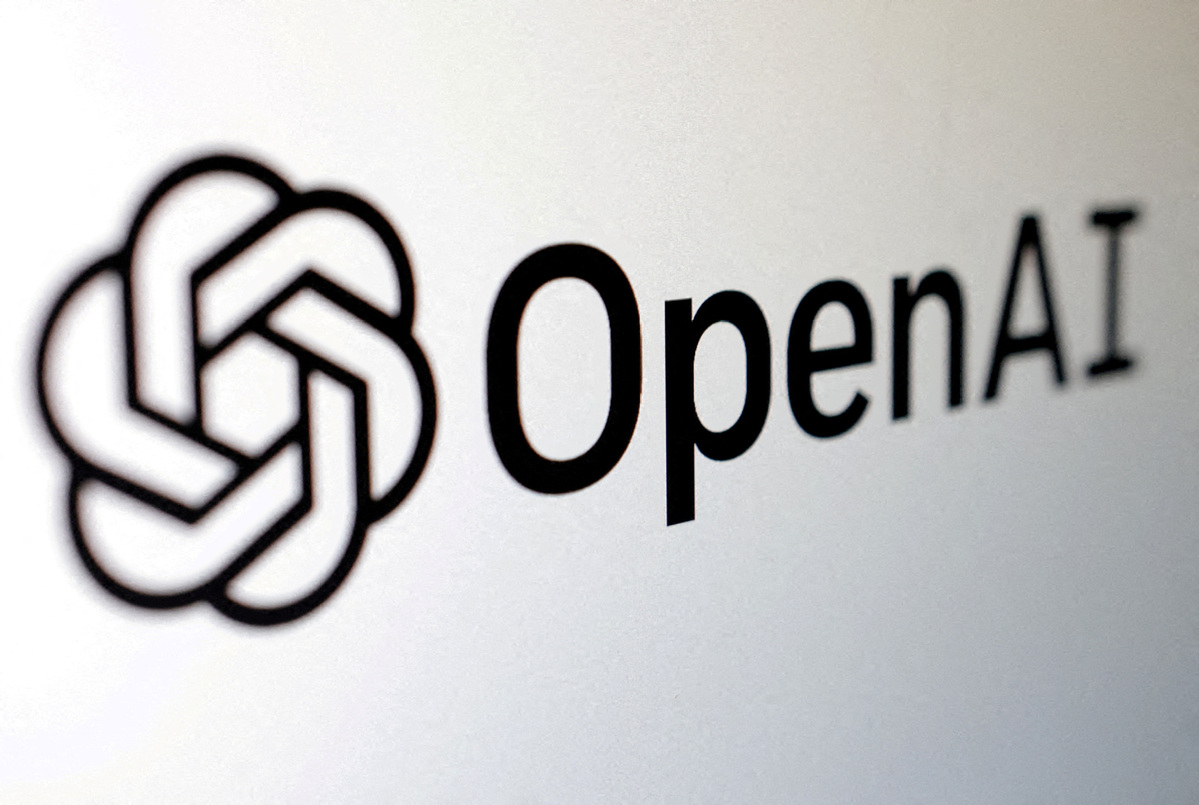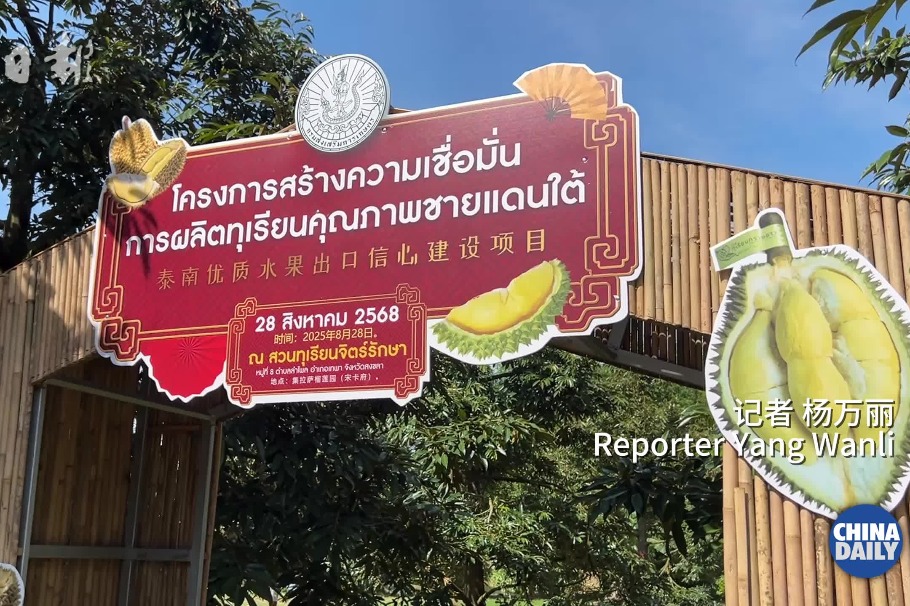Sora's text-to-video model opens a new can of 'post-truth' worms


On Friday, OpenAI released its first large-scale text-to-video model Sora. It can generate one-minute-long high-definition videos based on user input prompts, with multiple characters, scenes and camera movements. These functions are not new to artificial intelligence models, but Sora has made a major step forward by being able to generate the videos, while using camera language such as landscapes and colors to express emotions.
OpenAI claimed in a news release that Sora will become an important milestone in achieving Artificial General Intelligence.
Yet however realistic Sora videos may appear, they are still digital simulations and not real filmed reality, which might make the "post-truth" phenomenon worse.
"Post-truth" refers to a cultural climate in which objective facts are less influential in shaping public opinion than appeals to emotion and personal belief. Objective facts and expert opinions are downplayed or dismissed in favor of misinformation and disinformation that shape persuasive narratives that play on preconceived notions and emotions. The use of various information and communication technologies can make it difficult for people to distinguish between what is real and what is fake in the content they view online and many lack the willingness or patience to figure out the truth. Instead, there is a tendency for individuals to align with information that confirms their existing beliefs, leading to echo chambers and the reinforcing ideological divides, with people quarreling with each other based on what they believe to be true. The emergence of Sora may exacerbate this situation by further blurring the boundary between what is real and what is fabrication.
Before popularizing new technology such as Sora, the potential risks and challenges should be assessed and prepared for in advance. For instance, the government could make it mandatory for information providers to identify their provided information as Artificial Intelligence Generated Content, so that the origin of the content is clear.
Besides, the emergence of Sora may lead to significant job losses in related industries such as film and television, which is a significant social risk that cannot be ignored.
There have already been numerous in-depth studies on the potential job losses caused by the large-scale application of AI, and many solutions have been proposed, including slowing down the pace of AI technology application, assisting in reemployment, and imposing AI taxes. Now, the overnight popularity of Sora reminds people that it is time to accelerate, refine and implement these measures.
BEIJING NEWS


































